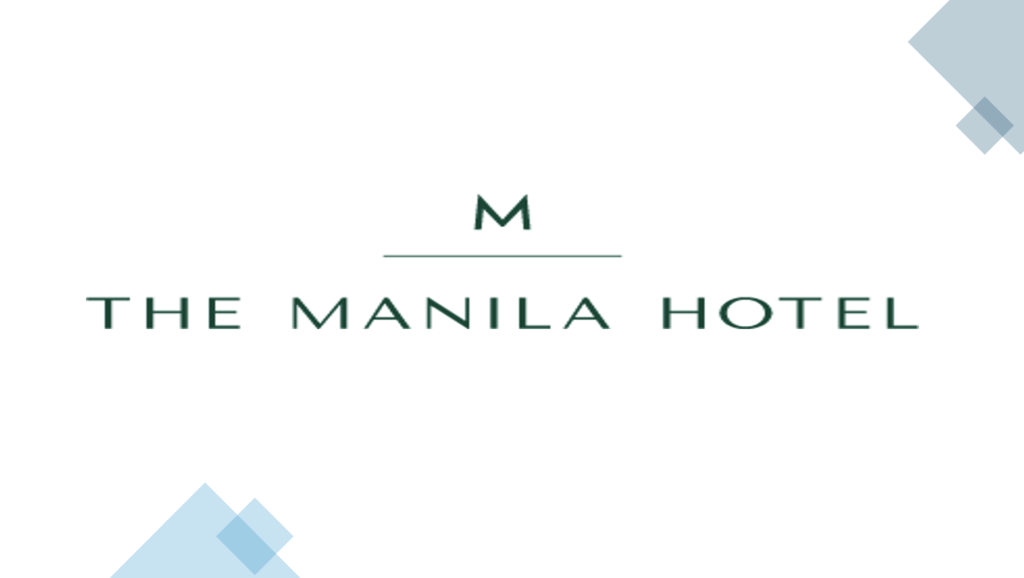Unlock the secrets of transportation through our informative blogs, guiding you through roads, rails, and skies. Explore trends, technologies, and travel adventures with us today!
Customs Compliance:
Best Practices in the Philippines
Customs compliance in the realm of international trade, adherence to customs regulations is paramount to ensure smooth operations and avoid costly delays. In the Philippines, where import and export activities play a crucial role in the economy, understanding and implementing customs compliance best practices are essential for businesses. Let’s delve into some key strategies to navigate customs compliance effectively in the Philippines:
Introduction
The supply chain is the backbone of any business, ensuring that products or services are delivered efficiently to consumers. However, traditional supply chain management systems often face issues such as lack of transparency, inefficient record-keeping, and susceptibility to fraud. This is where blockchain technology comes into play, offering a decentralized and secure solution for managing supply chains.
Subscribe to the MyCCBI365 newsletter
Conclusion
By integrating these best practices into your customs compliance strategy, you can navigate the intricacies of the Philippine customs landscape with confidence and efficiency. Remember, proactive compliance measures not only ensure regulatory adherence but also contribute to the long-term success and sustainability of your business in the global marketplace.
Dennis Calica, Lcb
VPIA, Chamber of Customs Brokers Inc.








